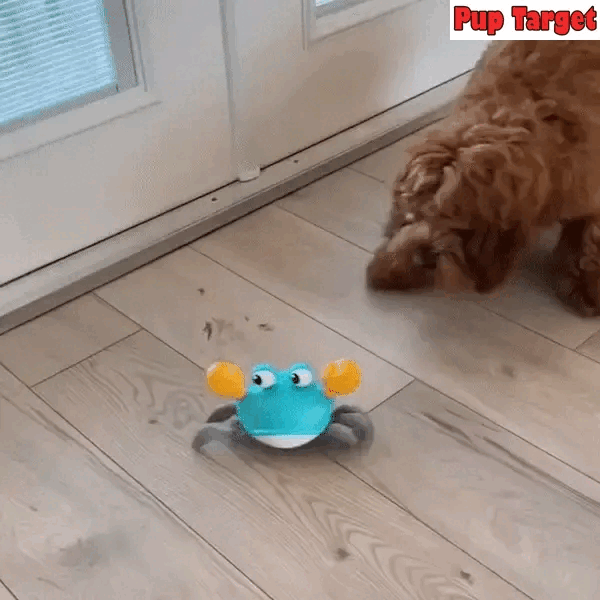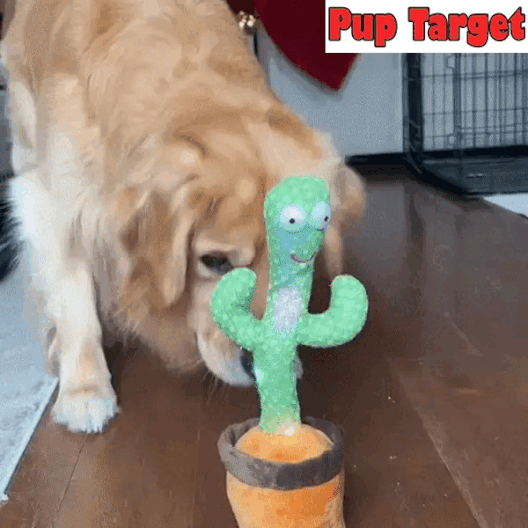In our quest for innovative solutions to tackle the challenges posed by pandemics, an unexpected hero has emerged – our faithful four-legged companions. Yes, you read that right, dogs! These loyal and intelligent animals, known for their keen sense of smell, are now at the forefront of a groundbreaking approach that could revolutionize the sustainability of future pandemic testing.
The Canine Superpower
Dogs have an extraordinary sense of smell that surpasses our human capabilities by leaps and bounds. Their olfactory receptors are finely tuned, allowing them to detect even the faintest of scents. This remarkable ability has long been harnessed for various tasks, from search and rescue missions to drug detection. However, recent developments have unveiled their potential in a new and unexpected role – detecting viral infections, including those responsible for pandemics.

Canine Detectives in Action
Research has shown that dogs can be trained to detect the presence of viruses in human samples, such as sweat, urine, and even breath, with remarkable accuracy. One notable example is the successful training of dogs to identify individuals infected with COVID-19 by simply sniffing their sweat samples. This pioneering work has opened up a world of possibilities for early and non-invasive detection of contagious diseases.

The Sustainability Angle
One of the most compelling aspects of using dogs for pandemic testing is its sustainability. Unlike conventional testing methods, which often require expensive equipment and resources, dog-based detection is cost-effective and environmentally friendly. It reduces the need for single-use testing kits, minimizes waste production, and significantly lowers the carbon footprint associated with testing processes.

Rapid and Non-Invasive Testing
Traditional pandemic testing methods often involve uncomfortable and invasive procedures, such as nasal swabs or blood draws. These processes can deter individuals from getting tested, potentially leading to undetected cases and increased transmission rates. In contrast, canine-based testing is non-invasive and quick, making it more accessible and less intimidating for the general population.

The Human-Animal Connection
Beyond their remarkable abilities, the use of dogs in pandemic testing highlights the deep bond between humans and animals. It underscores the idea that our coexistence with animals can lead to mutually beneficial outcomes. In this case, dogs are not just our companions but valuable allies in our fight against pandemics.

A Promising Future
As we look ahead to a world where pandemics may continue to pose a threat, the utilization of dogs for testing offers a glimmer of hope. With ongoing research and advancements in training techniques, we can expect even greater accuracy and reliability in canine-based testing methods. This innovative approach could become an integral part of our pandemic preparedness toolkit, ensuring a sustainable and efficient response to future outbreaks.

In conclusion, the potential of dogs in revolutionizing pandemic testing cannot be underestimated. Their exceptional sense of smell, combined with their non-invasive and sustainable approach, makes them valuable assets in our ongoing battle against infectious diseases. As we continue to explore and develop this remarkable avenue of research, we are reminded of the profound connection between humans and animals and the incredible possibilities that can arise from such partnerships.










